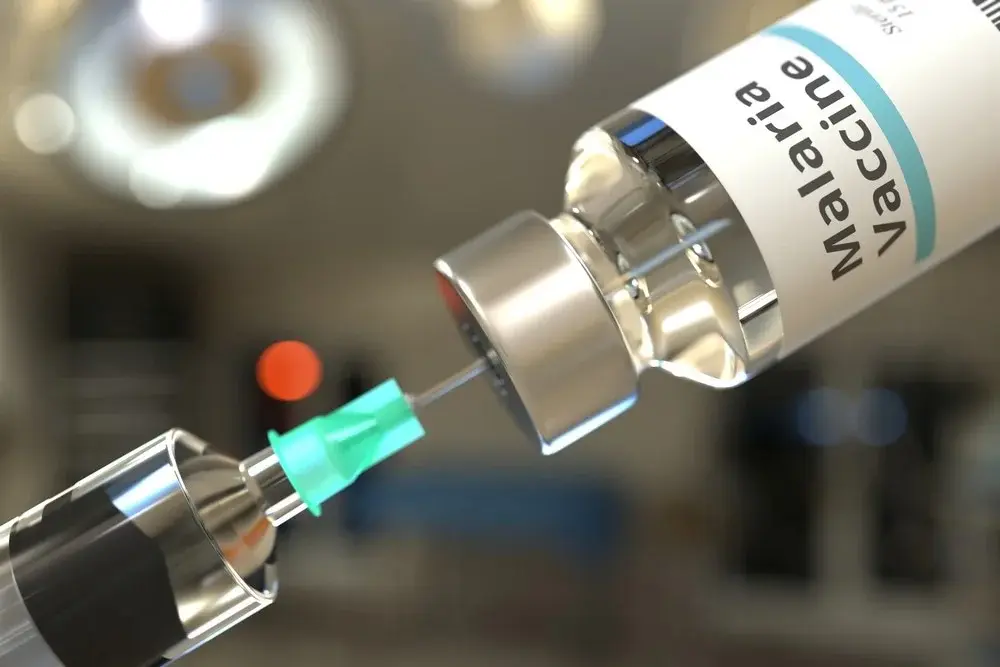





Copyright infringement not intended
Picture Courtesy: www.vanguardngr.com
Context: Cameroon has become the first country in the world to include the RTS,S malaria vaccine in its routine national immunization services. This follows a successful pilot program in Ghana, Kenya, and Malawi, demonstrating efforts to expand vaccination against malaria in high-risk areas.
Key Highlights
|
RTS,S Malaria Vaccine ●The RTS,S vaccine specifically targets the Plasmodium falciparum parasite, responsible for the most severe and deadly form of malaria globally. It works by stimulating the immune system to produce antibodies that block the parasite's ability to invade red blood cells, the primary site of its replication. ●Initial large-scale trials were conducted in Ghana, Kenya, and Malawi, demonstrating a significant reduction in malaria cases, particularly severe malaria in children. ●In October 2021, the World Health Organization (WHO) recommended the RTS,S vaccine for use in children living in areas with moderate to high malaria transmission. ●In January 2024, Cameroon became the first country to officially introduce the RTS,S vaccine into its routine immunization program for children. ●With GAVI, the Vaccine Alliance, supporting the procurement and delivery of the vaccine, 20 countries are aiming to implement pilot programs in 2024, with wider rollout planned for the coming years. ●While the RTS,S vaccine doesn't offer complete protection against malaria, it provides a 30% reduction in severe malaria and a 21% reduction in hospitalization due to malaria in children. ●The RTS,S vaccine is currently recommended for children around 5 months of age, administered in a schedule of 4 doses. In areas with high malaria transmission, a 5th dose may be considered one year after the 4th dose. |
Conclusion
Must Read Articles:
R21/MATRIX-M VACCINE: https://www.iasgyan.in/daily-current-affairs/r21matrix-m-vaccine
|
PRACTICE QUESTION Q. Climate change is expected to influence mosquito breeding patterns and malaria transmission dynamics. How will rising temperatures, precipitation changes, and other environmental factors reshape the future of malaria epidemiology, and what innovative approaches can be implemented to mitigate these impacts? |











© 2025 iasgyan. All right reserved